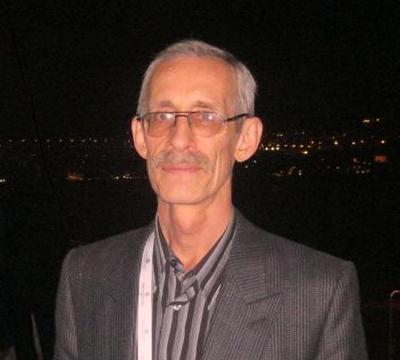Dreams
From the sleep literature, he had gathered that" Freud was utterly mistaken or slightly so," that dreams are merely the brain's desperate attempts to make sense of its own chemical twitches during sleep, or a kind of spawning ground for consciousness itself. That they have something to do with firming up memories though in a way that subtly changes them, adding neural links that shift their associative streams according to a logic beyond the conscious mind's reach.
The bizarre and inconsistent nature of dreams means there must be many mechanisms in the brain inducing them, and many causes, both physical (indigestion, pains, sounds 'out there') and psychological (stresses, fears, joys, memories 'in there'). It is generally agreed that they come from the (unconscious) right hemisphere, liberated at night from the left hemisphere interpreter/ censor, which is always at work and makes the best story it can from the various prompts it gets 'from the other side'.
Lucid dreaming
"Lucid dreaming" -- being awake in your dreams, directing them -- is an ability which only a tiny fraction of people claim to be able to do. Some eastern cultures have long known about this dream-awareness, but only as a shamanic, mystical ability. It inspired Richard Linklater's film Waking Life (2001), the title a reference to the philosopher George Santayana's maxim: Sanity is a madness put to good uses; waking life is a dream controlled (i.e., we're living in a 'lucid dream world' even while 'awake').
Ricci's David was lucid dreaming, but in such a confused state that he was never sure if he was awake or asleep and had constantly to do the lucid dream checks (clocks are unreliable in dreams, text is gibberish). His 'sleeping awake' state is unstructured, uncontrolled, a nightmare. Waking Life is disturbing in much the same way, leaving the viewer unsure of whether the movie is a dream within a dream within a dream, with no way out to a genuinely waking life.
Linklater uses the idea of lucid dreaming explicitly only once. After a woman the protagonist 'meets' insists they are friends, and shares her creative ideas with him, he reminds himself that she is a figment of his own dreaming imagination. Afterwards, he starts to converse more openly with other dream characters, but he begins to despair about being trapped in a dream.
His paranoia does not suggest 'lucid dreaming' is a lark for the masses. We have our confusing, colourful dreams, a loaded gift from our unconscious, which--at their best--inspire artists and scientists to arrive at new insights, or guide us out of personal crises. But if the conscious (left hemisphere) ego aspect of the individual is in control in your dream, what happens when the censor takes control? Will your unconscious still be able to provide these other worldly insights?
Linklater does not see lucid dreaming as a panacea, but as more of a distraction, as does Ricci. The Linklater protagonist's final talk is with his dream doppleganger, whom he briefly encountered earlier in the film. This Other explains that reality may be only a single instant that the individual interprets falsely as time (i.e., life); that living is simply the individual's constant negation of God's invitation to become one with the universe; that in order to be free from the illusion called life, the individual need only accept God's invitation.
Life is but a dream, but a dream that offers a glimpse of the infinite nature of reality. We are left with the question: which 'dream' is more 'real'? Ricci's take is a more secular version of this dream-within-a-dream.
(Note: You can view every article as one long page if you sign up as an Advocate Member, or higher).





